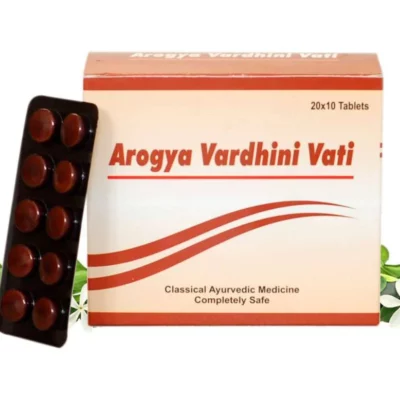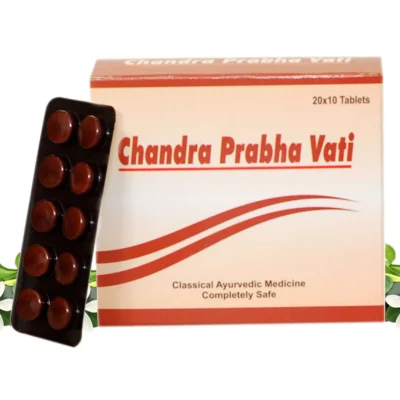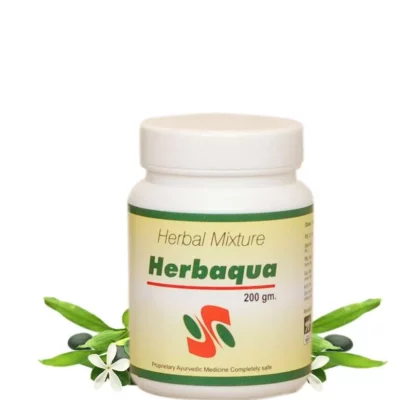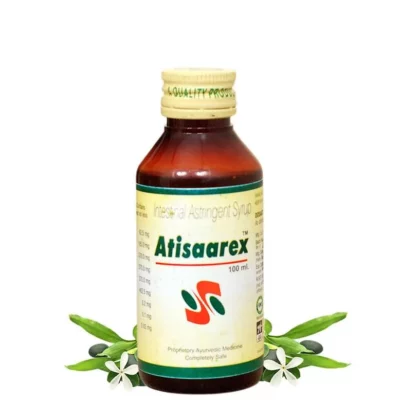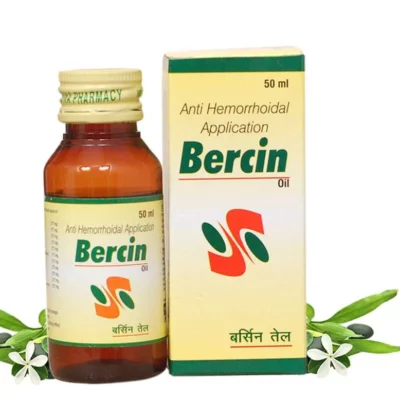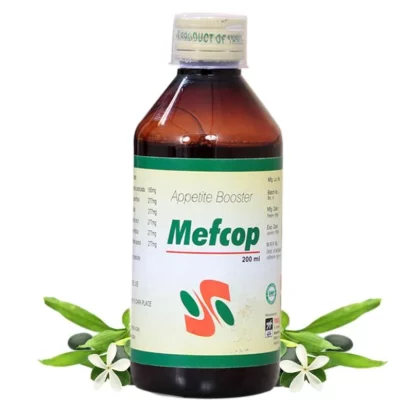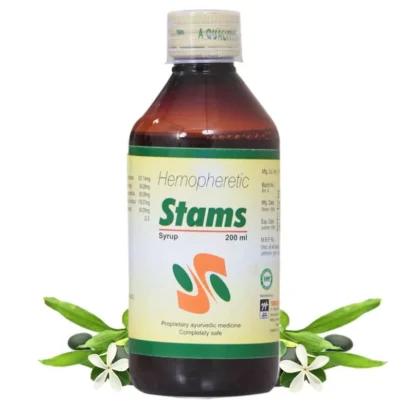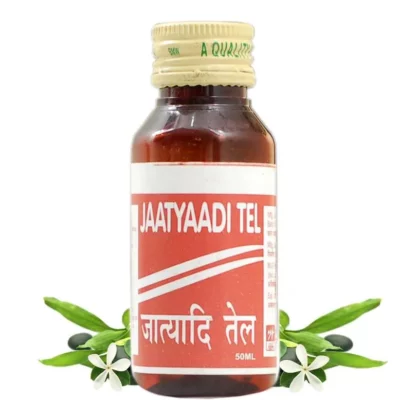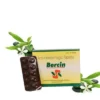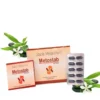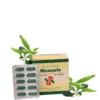Despite psychopharmacological advances, the management of depression and other mood disorders continues to challenge mental health providers.
Bipolar Disorder is one of the most disabling conditions which affect approximately 1% of the population. It is characterized by recurrent episodes of mania and depression in the same person at different times. Both men and women can be affected with this disorder but it is commonly seen that men tend to have more frequent ecstatic or manic episodes and women incline towards depressive states.
Ayurveda considers prassana atma (pleasant soul), indriya (senses) and mana (mind) and the equilibrium of dosha (body humors), dhatu (tissues) and mala (body wastes) as swasthaya (health).
What are the symptoms of Bipolar Disorder?
A person suffering from bipolar disorder struggle with his emotions that is known to swing between two opposite poles – euphoric joy and extreme sadness. Severe depression in a bipolar person can be life threatening.
- Depression
- Feeling of hopelessness
- Extreme desire for something or mania
- Having thoughts of death or suicide
- Delusions
- Hallucinations
- Sleep problems
- Fatigue
Ayurvedic reference of Bipolar Disorder:
Mental health being an important component of health has been recognized by ancient Indian physicians Master Charak and Master Sushrut, more than 5,000 years ago.
A discourse by Lord Krishna to the historical warrior, Arjuna in the battle field of Mahabharata, is an excellent treatise on psychotherapy.
In Ayurveda, mental illness is mainly characterized under the heading Unmada. The term Unmada comprises all psychiatric conditions. It is characterized by disturbance of Manas (mind), Buddhi (intellect), Sheela (personality), Smriti (memory), Cheshta (psychomotor activity), Achara (conduct) etc.
In Ayurveda, Unmada is classified into various types. These are:
1. Vataj Unmada: In Vataj Unmada, there is inappropriate behaviour such as smiling, laughing, excessive talking, dancing, wandering without any reason.
- Pittaj Unmada: In Pittaj Unmada, restlessness, anger, sleeplessness and hostility are the predominant features.
- Kaphaj Unmada: Kaphaj Unmada is characterized by excessive sleepiness, loss of appetite, psychomotor retardation, solitude etc.
What is the Ayurvedic treatment of Bipolar Disorder?
In Ayurveda, there is a successful management of bipolar disorder. It includes samshamana (pacifying the doshas by giving internal medicines, diet and changes in lifestyle), samshodhana (elimination of vitiated doshas by panchakarma therapy).
Some herbs useful in the treatment of Bipolar Disorder are:
- Brahmi (Bacopa monnieri): Brahmi, an Ayurvedic herb has been used in Ayurveda to enhance cognitive ability, memory and learning skills.
- The Ayurvedic properties of Brahmi include tikta and Kashaya rasa (sharp and astringent taste), sheet virya (cold potency), Madhur vipaka (undergoes sweet taste conversion after digestion) and its karma (effect) has been described as tridoshnashaka (balances all the three doshas).
- It is quite beneficial in bipolar disorder due to its positive effect on mental function.
- The nootropic properties of Brahmi are due to the presence of its constituent saponins, bacosides A and B.
- Brahmi is a rejuvenating and nervine tonic which quiets the nerve excitement akin to its sedative property.
- Ashwagandha (Withania somnifera): Ashwagandha has multiple health benefits. People with bipolar disorder often have cognitive impairments.
- The roots of ashwagandha plant act as an adaptogen to increase the body’s ability to adapt mental stress.
- It is an excellent plant for depression, insomnia, anxiety, restlessness associated with bipolar disorder.
- Tagar (Valeriana wallichi): The roots of Tagar plant help in reducing anxiety and improving sleep as it relaxes the central nervous system due to its sedative and anxiolytic properties.
- The Vata balancing property of tagar is quite helpful in treating bipolar disorder.
- It has sedative and tranquilizer effect which helps the patients of bipolar disorder to calm down.
- It is a wonderful natural sedative that improves quality of sleep, soothes the mind, reduces blood pressure and person becomes more relaxed and happier.
- Shankhpushpi (Convulvulus pluricaulis): Shankhpushpi is considered as a brain tonic that actively works to improve intelligence and functioning of the brain.
- It helps in mental fatigue, restlessness, insomnia, stress, anxiety, depression etc. associated with bipolar disorder.
- It pacifies all the three doshas but works more on Vata and Pitta doshas.
- The powerful antioxidants and flavonoids help in increasing calmness and alertness of the individual.
- Shankhpushpi naturally balances the brain chemicals i.e., neurotransmitters and increases the secretion of dopamine which in turn keeps the serotonin under control.
- Vacha (Acorus calamus): Vacha is universally known for the treatment of mental problems. Besides this, it is a great detoxifying herb that removes ama dosha (toxins).
- Vacha acts as a remedy for mental stagnation as it awakens the cerebral functions which when inactive can result in bipolar disorder.
- It improves overall vitality of the body.
- Vacha is also known for improving intellect naturally.
Some Home Remedies useful in the treatment of bipolar disorder are:
- Licorice: Take 1 teaspoon of licorice powder and mix it in about 2 cups of water. Boil this water for about 10 minutes. Strain the solution and drink this lukewarm licorice water. Consume this tea regularly.
- Brahmi Leaves: Take some brahmi leaves and extract their juice. Take this freshly prepared juice twice a day.
Diet and Lifestyle:
- Intake of fresh fruits, juices, vegetable juices, sprouts, nuts, dry fruits, cow milk and ghee are recommended as these are the best to increase sattva and enrich the mind.
- Intake of tea/coffee, alcohol, white flour products, deep fried foods, non-vegetarian food should be avoided.
- Breathing exercises are very helpful as mind has a very close relation with breathing. A person has short and shallow breathing when he is anxious. Make a routine of doing pranayama and deep rhythmic breathing. This will help in calming down the nervous system. Pranayama such as Bhramari Pranayam, Nadi Shodhan Pranayam are highly effective.
- Some Yoga exercises such as Dhanurasana, Shavasana are quite helpful.
- Worshipping, chanting, praying also help in contributing sattvic mind.
- Meditation is the best medicine for mental health. Start doing Meditation for 15-20 minutes twice a day then gradually increase the duration.
In addition to intake of herbal medicines, diet and panchakarma procedures for bipolar disorder, Ayurvedic treatment also focuses on Satvavjaya Chikitsa (specialized counselling sessions) which compliment the natural treatment for better results.



